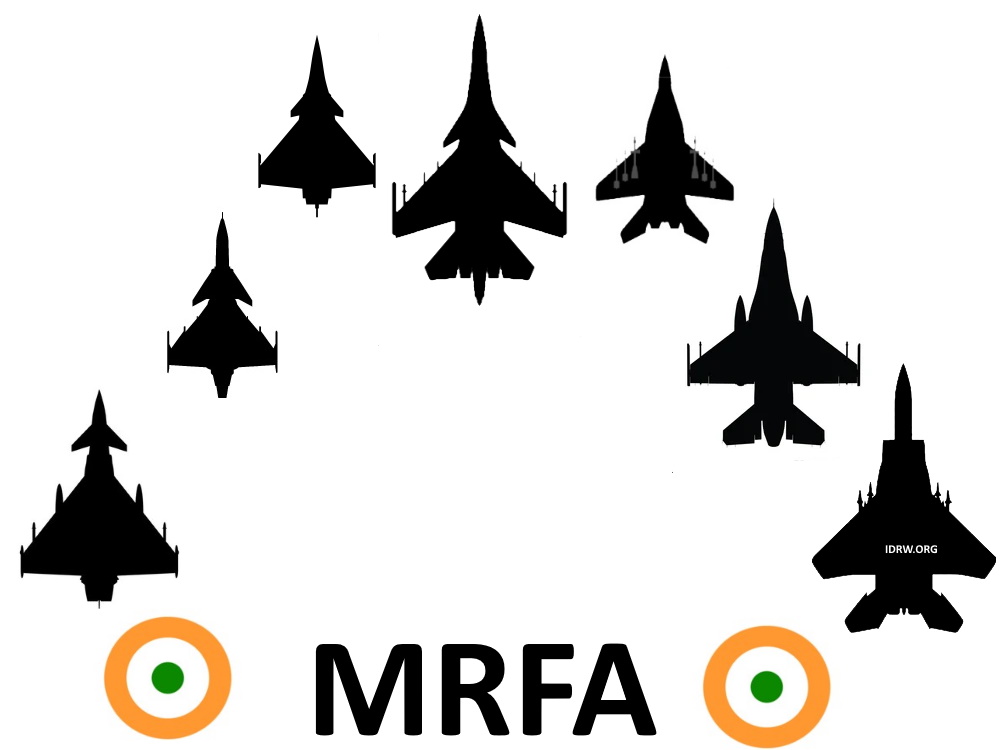SOURCE: SATYAJEET KUMAR/ FOR MY TAKE / IDRW.ORG


The Indian Air Force (IAF) has long faced the challenge of modernizing its fighter fleet to maintain operational readiness and ensure national security. The Multi-Role Fighter Aircraft (MRFA) tender, aimed at procuring 114 jets, has been a protracted and complex process, fraught with delays and bureaucratic hurdles. As Prime Minister Narendra Modi embarks on his third term, there is a critical opportunity to finally resolve this issue and enhance the IAF’s capabilities.
One of the primary reasons for the delay in the MRFA tender has been the cumbersome and bureaucratic procurement process. Simplifying and streamlining this process is essential. This can be achieved by setting clear timelines, reducing redundant procedures, and ensuring that decision-making authority is centralized to avoid unnecessary delays. A dedicated task force could be established to oversee the MRFA tender, ensuring accountability and swift resolution of issues that can be completed in next 2 years.
The MRFA tender should prioritize domestic manufacturing under the ‘Make in India’ framework. Collaborating with foreign manufacturers to establish production lines in India will not only expedite the procurement process but also create jobs and develop local expertise. Public-private partnerships can play a crucial role in this regard, with Indian defense companies working alongside global aerospace giants to produce advanced fighter jets domestically.
Cost-efficiency and lifecycle support are critical factors in the MRFA tender. The IAF and the government should focus on procuring aircraft that offer the best value for money, considering both acquisition costs and long-term operational expenses. Comprehensive lifecycle support agreements, including maintenance, repair, and overhaul
(MRO) services, should be integral to the tender. This approach ensures that the aircraft remain operationally effective throughout their service life, reducing downtime and maintenance costs.
The chosen jets should seamlessly integrate with existing IAF weapons system and command-and-control systems to enhance overall combat effectiveness. Additionally, provisions for future upgrades should be included to ensure that the aircraft remain relevant in the face of evolving threats.
Securing adequate funding for the MRFA tender is essential. The government should prioritize clearing the Acceptance of Necessity (AoN) to the program and also allow its budget allocations to ensure that the IAF has the necessary resources to procure the required 114 jets. MoD should also Explore alternative funding mechanisms, such as deferred payment plans or defense bonds, can also help mitigate budgetary constraints and ensure timely procurement, since procurement cost of the program will cross $18-20 billion mark easily.
While some may argue that Indian fighter jet programs like TEDBF or AMCA should be procured instead of the MRFA fighter jet it is necessary to know that HAL simply doesn’t have production capabilities to engage in multiple production line of different aircrafts. HAL will have an active production line for LCA-Tejas fighter jets for next 10 years with expected orders for more 97 jets and will be active in development of Tejas MkII program and its production along with that also will oversee AMCA development. MRFA production needs to be given to Private sector or Indian Subsidiary of the OEM in the country.
Disclaimer : Articles published under ” MY TAKE ” are articles written by Guest Writers and Opinions expressed within this article are the personal opinions of the author. IDRW.ORG is not responsible for the accuracy, completeness, suitability, or validity of any information on this article. All information is provided on an as-is basis. The information, facts or opinions appearing in the article do not reflect the views of IDRW.ORG and IDRW.ORG does not assume any responsibility or liability for the same. article is for information purposes only and not intended to constitute professional advice .
Article by SATYAJEET KUMAR , cannot be republished Partially or Full without consent from Writer or idrw.org